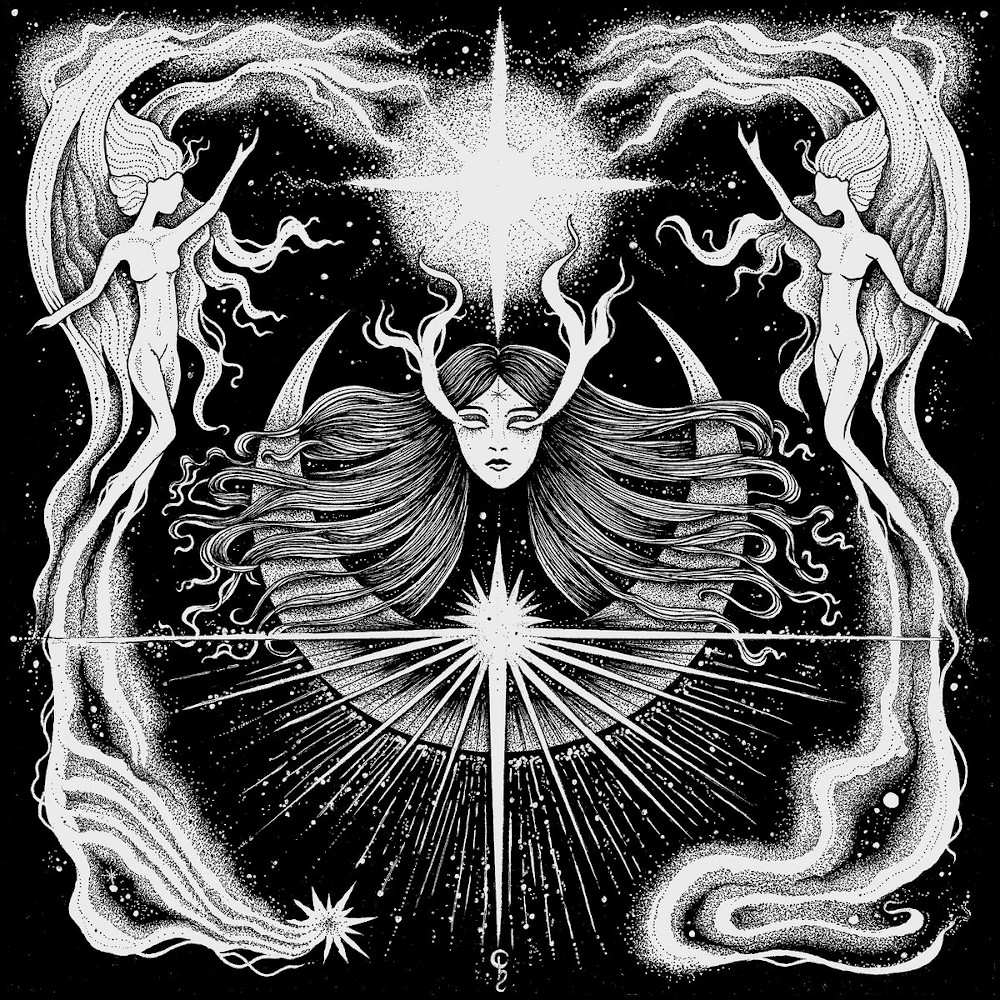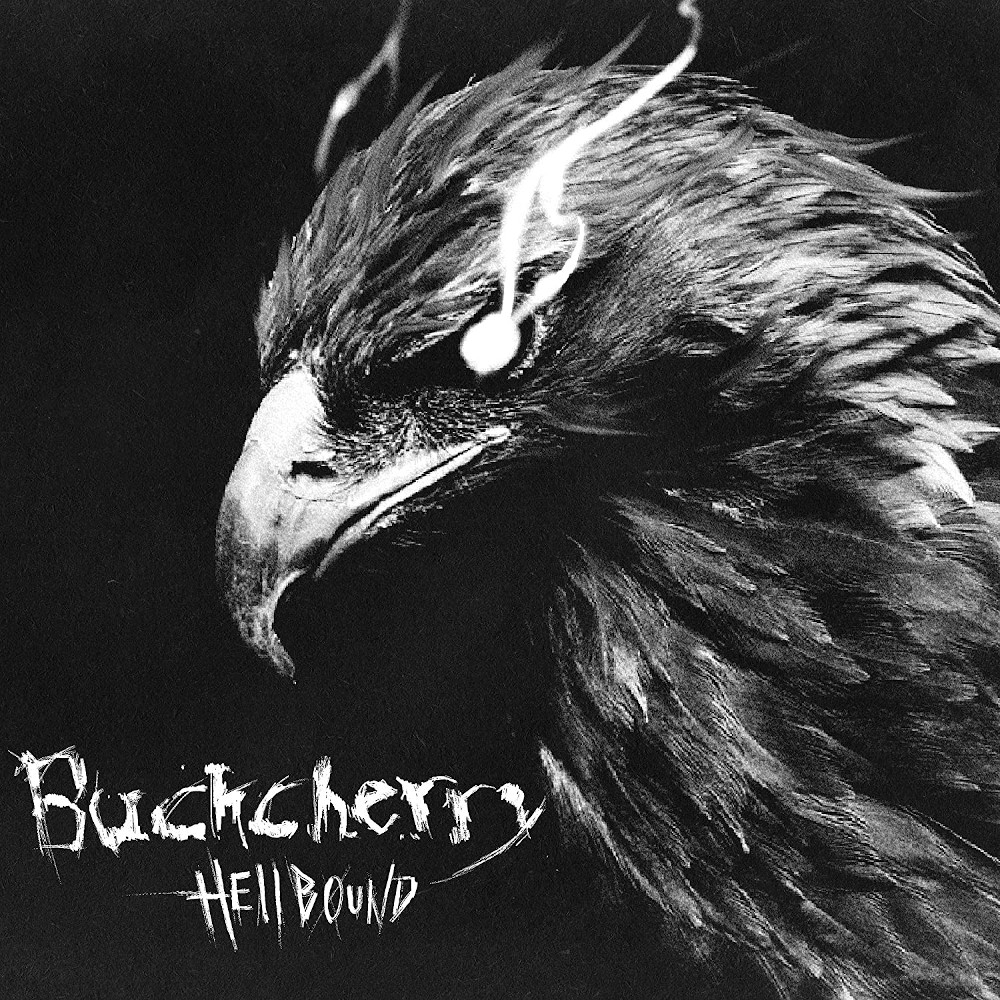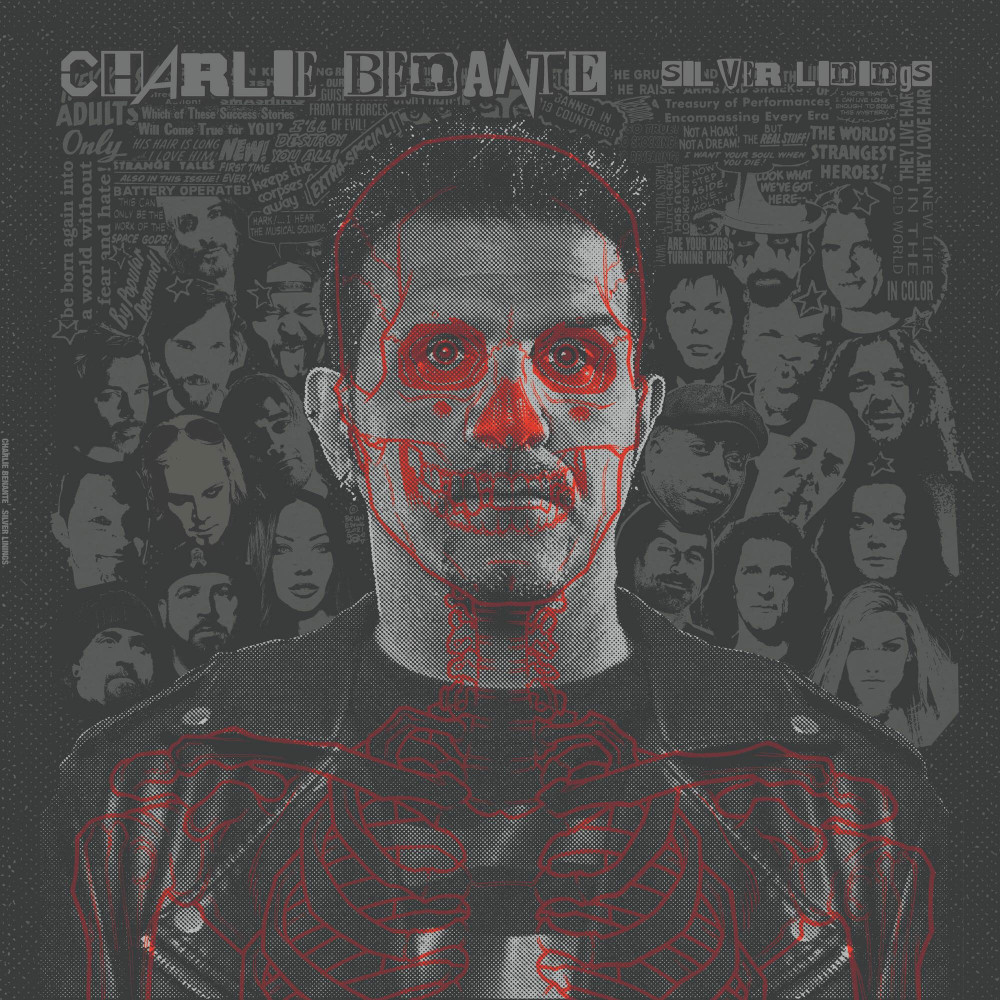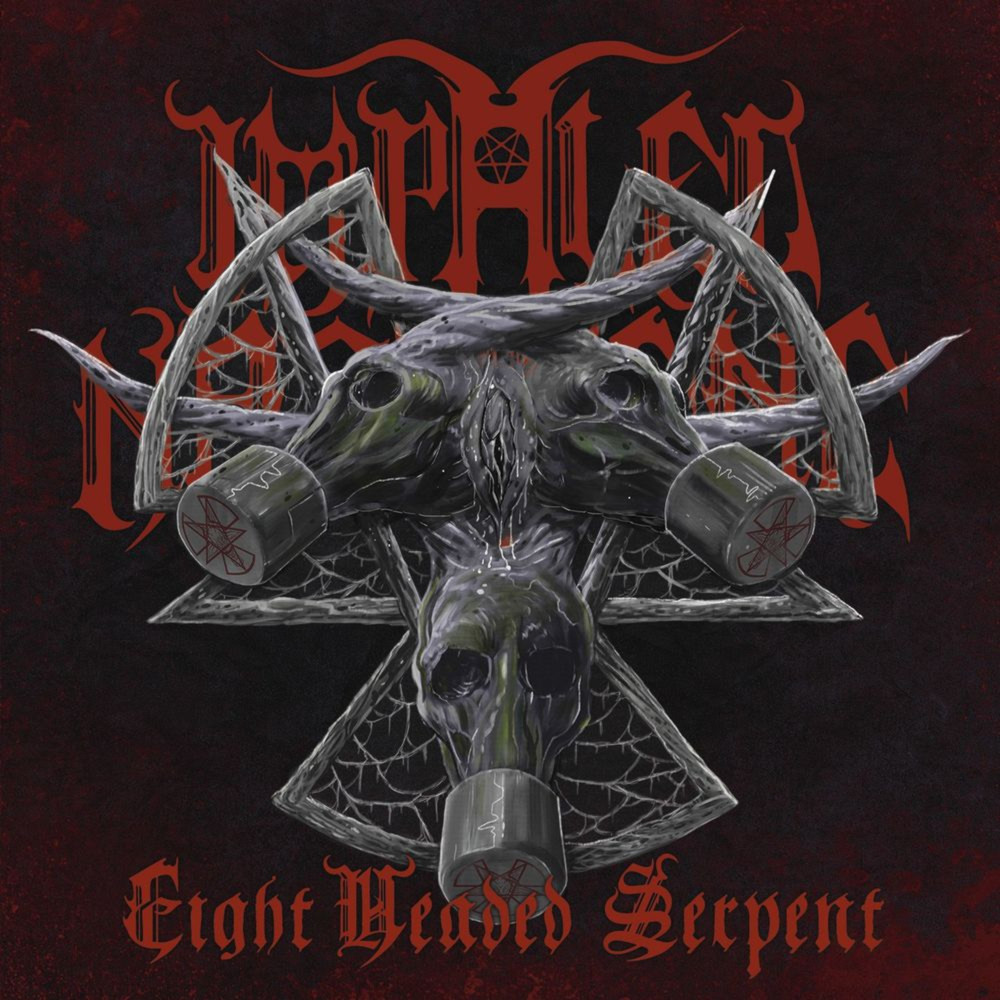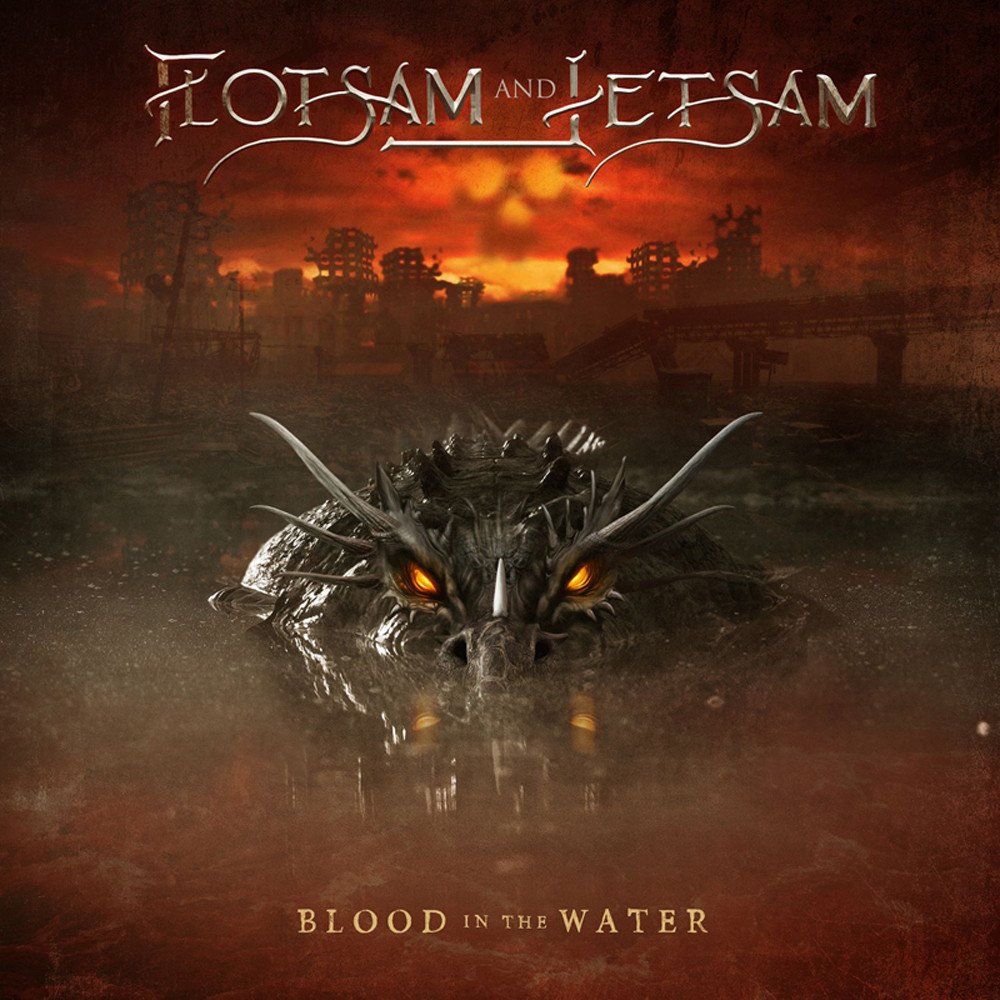 |
Country: USA
Style: Progressive Rock
Rating: 7/10
Release Date: 18 Jun 2021
Sites: Facebook | Instagram | Official Website | Twitter | Wikipedia | YouTube
"We will not give in," sing however many vocalists Styx have harmonising on the opener, The Fight of Our Lives, and this album feels like they mean it. I knew Styx were still going, because I saw them live at a corporate event I was working back in 2005, right after they released Big Bang Theory, which was a covers album. However, I hadn't noticed any further studio output from them since until now. A dozen years on, they did release a concept album called The Mission and I'm not convinced that this, which is their seventeenth studio release, isn't another one.
Certainly it feels like one, even if I couldn't follow anything more than a vague theme. I found myself focusing far more on the melodies than the words they carry, and the general pomp behind the music. The fact that a song like Hold Back the Darkness is bookended by sound effects, like it's a visual piece, and that it's followed by Winston Churchill's recognisable voice in samples on Save Us from Ourselves, helps that epic feel. The former has a Pink Floyd feel to it too, which doesn't stop us thinking concept.
I've read that their chief influence was the Beatles this time out, the approach being to conjure up an album like Abbey Road where every song was complete in itself and didn't repeat anything, but which felt as a whole like a single entity. The Beatles weren't my initial thought, though they certainly leap to mind quickly on songs like Our Wonderful Lives, not only because of the vocal melodies but through a neat use of brass. Mostly the styles here are more rock than pop and they're often reminiscent of an early Queen album, but I think that they nailed their Abbey Road idea. The more I listen to it, the more I hear the Beatles, especially in the melodies and especially because Styx have more than one lead vocalist too.
This isn't as varied as something like Sheer Heart Attack (then again, what is?) but a neatly consistent variety lends it an almost ironic coherence. Oddly, for an album that's riddled through with old school prog, albeit commercial prog, everything is notably short. The album only runs a mere whisker over 43 minutes but it contains fifteen songs, the longest reaching exactly four minutes; the shortest doesn't even reach half a minute.
That longest song is Common Ground and it does some serious building, but it's the title track that I'd call the most epic here. It's also the most Queen of all these songs, albeit with an overt Styx keyboard solo. Let's not forget that Styx have been around for a very long time indeed. By the time they got to The Grand Illusion in 1977, their first multi-platinum album, they had already put out six others, three by the end of 1973, by which point Queen only had one. It's easy to see how the two bands fed ideas to each other back then, before either was truly famous.
As you might expect from everything I've said thus far, this feels less like a new Styx album and more like an old one that we merely haven't heard before. It's primarily the crisp production that's holding me back from wondering if I really did listen to this back in the mid eighties when I was catching up on a couple of decades of music that I'd suddenly stumbled onto. However, there some modern sounds in here too. Long Live the King kicks off with an almost Tool-like riff and Coming Out the Other Side may begin with a sitar, like it's the Summer of Love, but it moves quickly into a more modern beat.
I should probably emphasise here that I like how this sounds like an old album that's just new to me. It feels vibrant and lively, as if it was made by a young Styx, even though guitarist Tommy Shaw joined as long ago as 1975 and both bassist Chuck Panozzo and guitarist James Young both have three years on him with the band. Drummer Todd Sucherman and keyboard player Ricky Phillips didn't show up until the nineties but have still been in Styx since the prior millennium. Ricky Phillips, the full time bassist (Panozzo is a part timer nowadays and only played here on Our Wonderful Lives and Lost at Sea) joined in 2003, leaving Will Evankovich, guitarist and soundscape creator as a very new fish, brought on in 2021.
At the end of the day, if you like Styx, you ought to like this, and if you like really old Styx, you may well like it even more.



